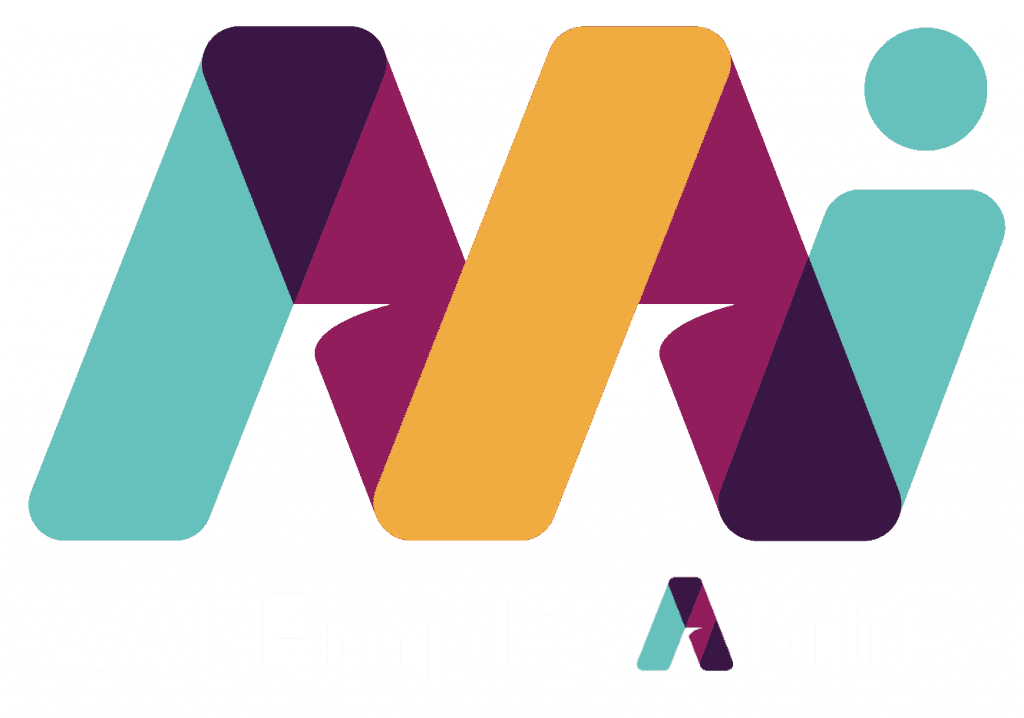Both businesses and employees can benefit from work experience.
The next generation is always going to be crucial to business. Its members could be customers, competitors, neighbours or employees in times to come. Many public and private organisations make a considerable commitment to introducing young people to their world.
From site visits for primary pupils to work placements in senior years and “take your child to work” schemes, many organisations see it as part of their commitment to the community. Cynics might say it’s good public relations – and it is. Educating people about what you do has many spin-offs. They can be understanding neighbours when something goes wrong or customers of the future because they know you and what you do.
Then there are the youngsters who are inspired to work in your field – or even for you – growing your industry by enhancing its technology or by producing its goods and services.
At The Scotsman we regularly give students a chance to see what we do, although times have changed.
“At one time we frequently took school pupils, but now with the rules and regulations we tend only offer work experience to youngsters studying on university journalism degrees,” says Donald Walker, the paper’s deputy editor.
The Law Society of Scotland and Institute of Chartered Accountants of Scotland (ICAS) – like many professional organisations – have various programmes to introduce young people to their profession.
The Law Society runs several initiatives including insight weeks at its Edinburgh office where young people are given a taste of the work of the professional body for Scottish solicitors.
In schools, society volunteers help at legal studies and careers days, judge at debating tournaments and teach on its Street Law programme which introduces children to the law and the legal process.
As students, trainees and young solicitors go through their legal education, the society runs a mentoring scheme to support them in managing and developing their careers.
And the Lawscot Foundation has been established to help academically talented students from less advantaged backgrounds in Scotland progress through their legal education. Similarly, the ICAS Foundation helps young people from disadvantaged communities into a professional career in accountancy or finance through financial support, mentoring and internships.
With fierce competition in the graduate jobs market, it’s a good way for prospective chartered accountants to make their CVs stand out with experience that might otherwise be challenging to secure. There is no denying that plenty of young people today do secure work experience of one kind or another, especially at the post-further education stage.
In fact, many young adults will need to have a formal internship under their belt before landing a graduate-level job. Of course, there has been much debate about the ethics of unpaid internships, but that discussion is for another place.
What is clear is that internships have become an accepted route into work.
“When we started employers would ask ‘what is an internship?’, ‘how long is it?’ and ‘how much does it cost?’ Today everybody knows,” says Joy Lewis, founder and chief executive of Adopt an Intern (AAI).
In 2009, Lewis was working for the Centre for Scottish Public Policy (CSPP). “Graduates would come to us, asking to work for nothing – it was rife then.”
Unpaid work experience put many young people at a disadvantage, especially those without wealthy parents to support them so in a spirit of justice and fairness, Lewis wanted to help them find paid placements.
The reaction from the CSPP’s member organisations to Lewis’s request for support for paid internships was overwhelmingly positive.
“The rest is history,” adds Lewis, who started placing interns with organisations to work on short-term projects and quickly secured funding from the Scottish Government.
AAI was spun out into a stand-alone social enterprise in 2012 and has now placed nearly 1,400 interns, working with 800 businesses mostly in Scotland.
“Businesses come to us with a short-term need and we help them access talent through a transparent recruitment process. It offers a risk-free solution.
“It is a way for employers to test the water with the intern. They see how they cope with specific goals and timeframes.”
At the end of the placement, employer and intern might go their separate ways, however the statistics are very positive.
AAI’s monitoring shows that 74 per cent of interns are employed within three months and in the private sector 64 per cent of employers offer the intern a permanent job.
Public sector organisations have also been enthusiastic participants although Lewis notes that councils are now struggling to find budget to maintain their internship programmes.
The interns come from various backgrounds and, as Lewis points out, not all are young graduates. There are women who have taken career breaks for childcare and older people who have re-qualified or taken second degrees.
For graduates, it’s a chance to prove themselves. They are often given quite senior responsibilities in a short period of time. There may be a job at the end of their time with the organisation but if not they will have new skills and experience to add to their CV and call on at future interviews.
For Lewis herself the process is very rewarding. “I’ve been doing this for seven years and we’ve taken 11 interns ourselves, built them up and taken them with us as the company has grown.
“We then watch them fly the nest – but I expect them to go,” adds Lewis who is now seeing her former interns develop successful careers and starting to offer internships of their own.
Originally published in The Scotsman, 28 September 2017

